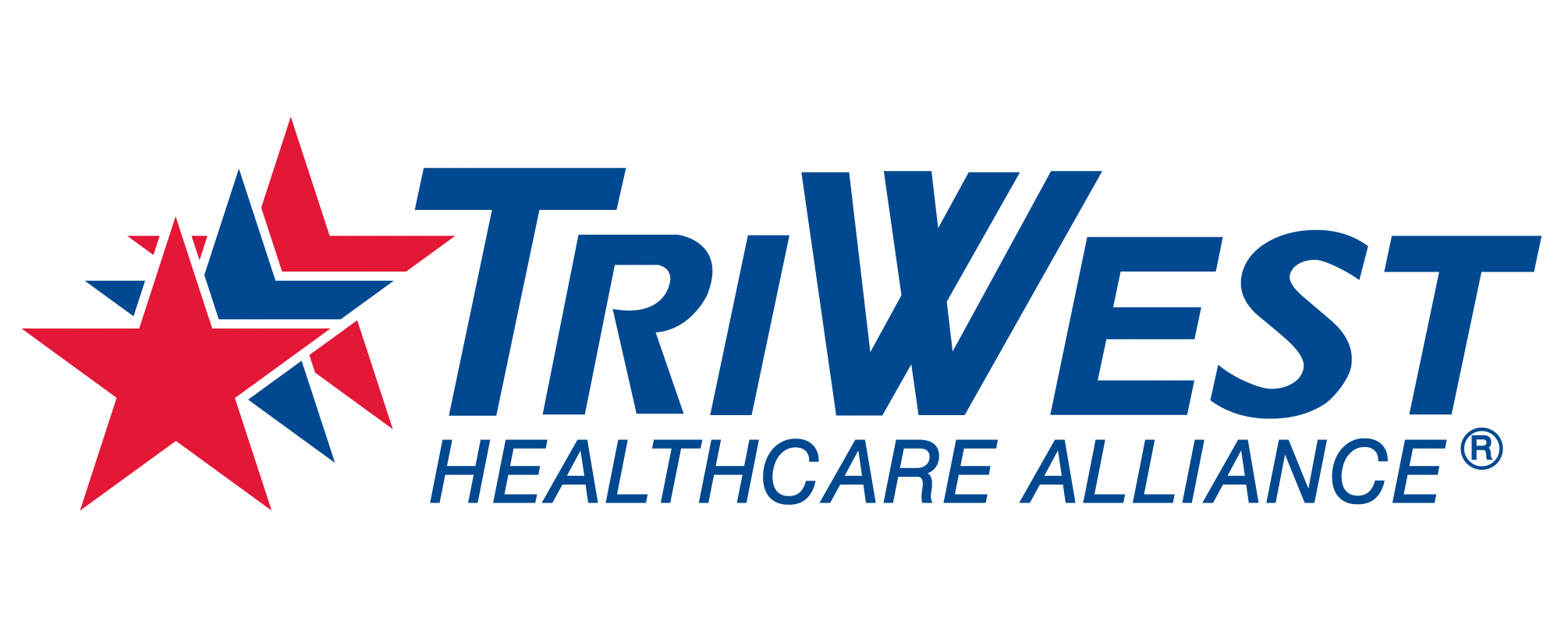What is Suboxone?
Suboxone is a medication used to treat opioid addiction, including addiction to heroin, fentanyl, and other opioids. It contains two active ingredients: buprenorphine, a partial opioid agonist, and naloxone, an opioid antagonist.
Buprenorphine works by binding to the same receptors in the brain as other opioids, but it does not produce the same euphoric effects. This can help to reduce cravings and withdrawal symptoms in people who are addicted to opioids. Naloxone is added to Suboxone to discourage misuse of the medication, as it can cause withdrawal symptoms when taken by someone who is physically dependent on opioids.
Suboxone is a long-acting medication that is usually taken orally as a dissolvable tablet or film, once a day. The dose of Suboxone is gradually adjusted until the person reaches a stable dose, which can take several weeks. Suboxone treatment is usually offered as part of a comprehensive treatment plan, which may include counseling, therapy, and other support services.
Suboxone is a highly regulated medication that can be a safe and effective treatment for opioid addiction, but it does carry some potential risks and side effects. It is important to discuss the potential benefits and risks of Suboxone treatment with a healthcare professional.
Here are five potential pros and cons of Suboxone:
Pros:
- Reduces withdrawal symptoms: Suboxone is a medication used to treat opioid addiction that can reduce withdrawal symptoms in people who are addicted to opioids, making it easier to transition from drug use to sobriety.
- Prevents cravings: Suboxone contains buprenorphine, which can help to prevent opioid cravings by binding to the same receptors in the brain as other opioids.
- Safer than other opioids: Suboxone is a safer alternative to other opioids, as it has a lower risk of respiratory depression and overdose.
- Improves quality of life: Suboxone treatment can improve the overall quality of life for people with opioid addiction by helping them to avoid the negative consequences of drug use.
- Less stigma: Suboxone treatment may be perceived as less stigmatizing than methadone treatment, as it can be prescribed by a primary care physician and does not require specialized clinics.
Cons:
- Dependency: Suboxone itself is an opioid medication, and like other opioids, it has the potential to be addictive. It can also lead to physical dependence, which can make it challenging to stop taking the medication.
- Side effects: Suboxone can cause several side effects, including constipation, nausea, vomiting, dizziness, sweating, and fatigue.
- Overdose: While Suboxone is a safer alternative to other opioids, it is still possible to overdose on the medication, especially when used with other medications that depress the central nervous system.
- Cost: Suboxone can be more expensive than other medications used to treat opioid addiction, which can be a barrier to treatment for some people.
- Availability: Suboxone may not be available in all areas or may only be available through specialized treatment programs, which can limit access to care for some people.
It is essential to discuss the potential risks and benefits of Suboxone treatment with a qualified healthcare professional to determine if it is the right treatment option for an individual with opioid addiction – if you have any questions or need help, call SMC Recovery! We can help!






